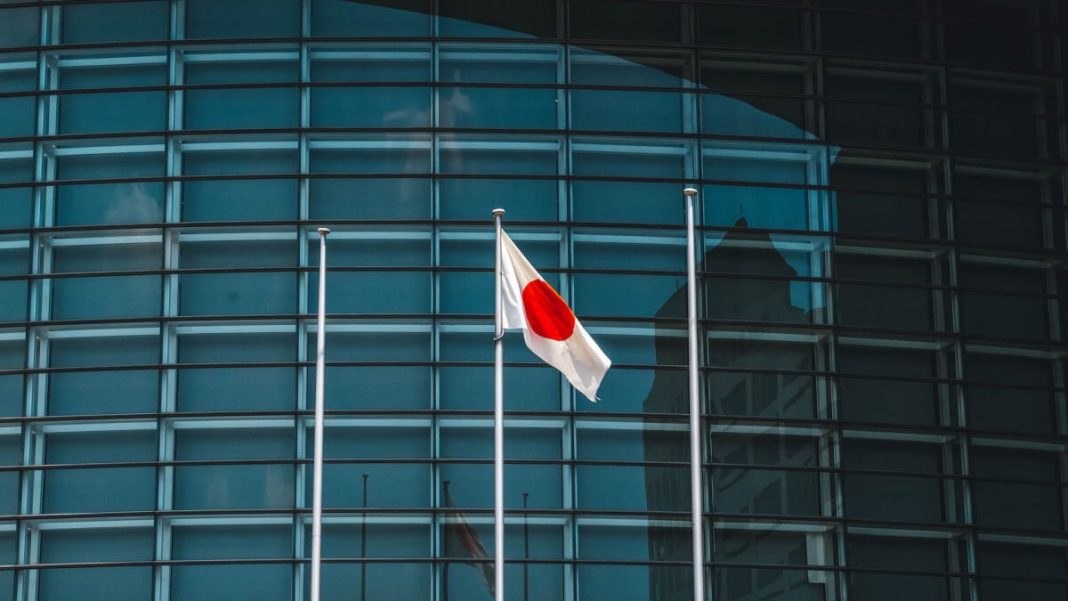Japan’s Immigration Services Agency has recently unveiled groundbreaking reforms, showing a new era of transparency and accessibility for visa overstayers.
In a move aimed at reshaping the landscape of immigration policy, the agency introduced fresh guidelines designed to shed light on the inability to obtain special permission for residence, VisaGuide.World reports.
Following the new guidelines, the revamped procedures will now allow individuals facing expulsion to apply for this lifeline permit even amidst deportation proceedings, departing from the rigidity of previous protocols.
At the center of these reforms are factors such as the length of illegal stay examined alongside considerations such as the welfare of dependents and access to critical health care.
Moreover, the guidelines underscore the importance of collaboration, with prospective employers and third parties invited to bolster applications through their support.
Justice Minister Leads Transparent Immigration Reform for Deportation Cases
A legislative amendment is scheduled for June to complement the latest overhaul of the guidelines. Under this impending change, individuals stuck in deportation proceedings will gain the essential ability to apply for special residence permits.
This opportunity, led by Minister of Justice Ryuji Koizumi, promises a transparent and accountable decision-making process where the reasoning behind approvals or rejections will be given explicitly.
The upcoming legislative settlement aligns seamlessly with the revised guidelines, reinforcing the commitment to fairness and humanity in immigration matters. In particular, visa survivor cases will be assessed against several key factors.
Chief among these considerations is the imperative to protect the well-being of children in Japanese communities; regardless of whether these minors are Japanese citizens or under the care of guardians, their stability and ties within the country will be prioritized.
Additionally, future employment opportunities and support from third parties will be examined as indicators of an individual’s potential integration into Japanese society.
Equally important is the recognition of health-related weaknesses. Those facing deportation will receive due consideration if their continued medical treatment depends on their presence in Japan. In cases where deportation poses a tangible risk to an individual’s life due to medical limitations, maximum support will be exercised.
Moreover, the plight of individuals categorized as “stateless” underscores the complexity of deportation.
Japan Experienced Decrease in New Immigrants During 2021
According to data provided by the Statistics Bureau of Japan, in 2021, Japan welcomed 67,000 new immigrants for long-term or permanent residency, representing a 36 percent decrease compared to 2020.
Meanwhile, 2022 witnessed a notable surge in the number of first-time asylum applicants, marking a 56 percent increase, with figures soaring to around 3,800.
The majority of these applicants originated from countries such as Cambodia (600), Sri Lanka (500) and Turkey (400). However, despite the influx, only 16 percent of the approximately 12,000 decisions made in 2022 made positive results. Along with this trend, the emigration of Japanese citizens to OECD countries experienced an increase in 2021, increasing by 13 percent to reach 19,000 individuals. As Statistics Bureau of Japan revealed, important destinations were as follows:
- United States (20 percent)
- Germany (18 percent)
- Canada (seven percent)
